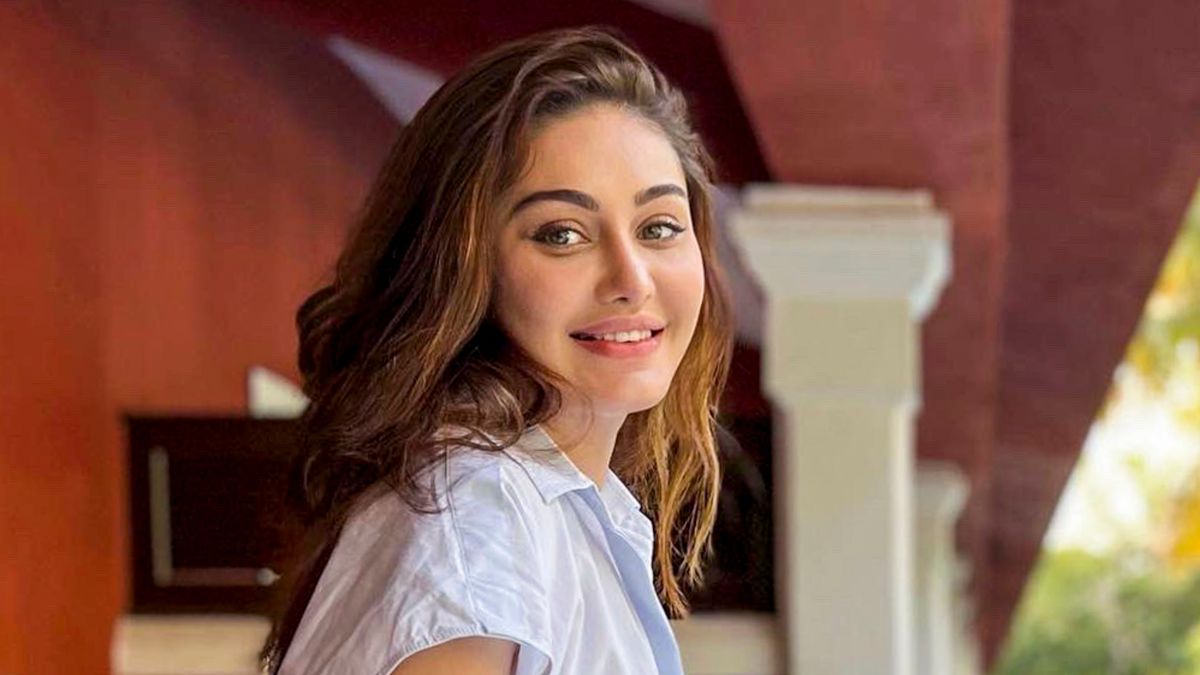Shefali Jariwala death throws light on shocking link between neurological and cardiac health
 Shefali Jariwala | Instagram/@shefalijariwala
Shefali Jariwala | Instagram/@shefalijariwala
The sudden demise of actor and reality TV personality Shefali Jariwala at the age of 42 has sent shockwaves across the entertainment industry and beyond. While the official cause remains unconfirmed, reports suggest cardiac arrest as a possible reason—bringing into sharp focus the silent yet deadly health crises many women face, particularly around cardiovascular and neurological conditions.
Shefali, best remembered for her breakout role in the early 2000s music video Kaanta Laga, had been open about her battle with epilepsy—a neurological disorder she lived with for over 15 years. Her candour about experiencing seizures in classrooms, backstage during shows, offered a glimpse into how such conditions can alter the course of a person's life.
“Seizures that occur unpredictably, such as she described, can erode self-confidence and overall well-being,” said Dr Praveen Gupta, Chairman, Marengo Asia International Institute of Neuro & Spine (MAIINS) and Chief Clinical Strategy, Growth and Innovation, North India Region. “Stress and anxiety, which Shefali identified as frequent triggers, are well-established precipitants of seizure episodes. This psycho-neurological interplay not only disrupts daily functionality but also imposes persistent psychological strain.”
Dr Gupta underscored the need for a holistic approach: “It’s important for those living with epilepsy to manage both physiological and emotional stressors through comprehensive care strategies—medication, lifestyle modification, stress reduction techniques, and psychological support. Shefali’s transparency about her struggles significantly contributed to public awareness, helping to destigmatise epilepsy.”
While epilepsy was part of her medical history, the recent reports pointing to a possible cardiac arrest have redirected attention to another silent killer—cardiovascular disease (CVD) in women.
“Both globally and in India, women’s cardiac problems are on the rise,” said Dr Ashish Agarwal, Director of Cardiology at Aakash Healthcare. “Cardiovascular disease remains the leading cause of death among women—not just Shefali, but countless others. Heart attacks and cardiac arrests kill 10 times more women than breast cancer.”
Citing the 2020 National Family Health Survey, Dr Agarwal pointed out that nearly 19 per cent of Indian women aged 15–49 live with untreated hypertension, a major risk factor. “Early screening and proactive management of diabetes, high blood pressure, and cholesterol are key. Preventive interventions can save lives. Shefali’s passing is a stark reminder of how heart disease can strike even the seemingly healthy, without warning.”
Adding to the chorus of concern, Dr Subrat Akhoury, Chairman – Cath Lab & Interventional Cardiologist, and Head (Unit-I), Asian Hospital, addressed the often-overlooked gender disparity in cardiac care. “Heart disease is still seen as a man’s disease, but it’s the number one killer of women too. Women are more likely to die within a year after a heart attack, partly because their symptoms—nausea, fatigue, dizziness—are different and often missed or misdiagnosed.”
He also noted biological and emotional variables that place women at increased risk. “Plaque builds up differently in women’s arteries, complicating diagnosis. Stress, anxiety, and depression—more common in women—can elevate risk. After menopause, that risk spikes. But here’s the hope: most heart disease is preventable. A heart-healthy lifestyle, regular check-ups, and being attuned to one’s body can truly save lives.”
Shefali’s passing is a painful reminder of how interwoven neurological and cardiac health can be, especially in women.
Health